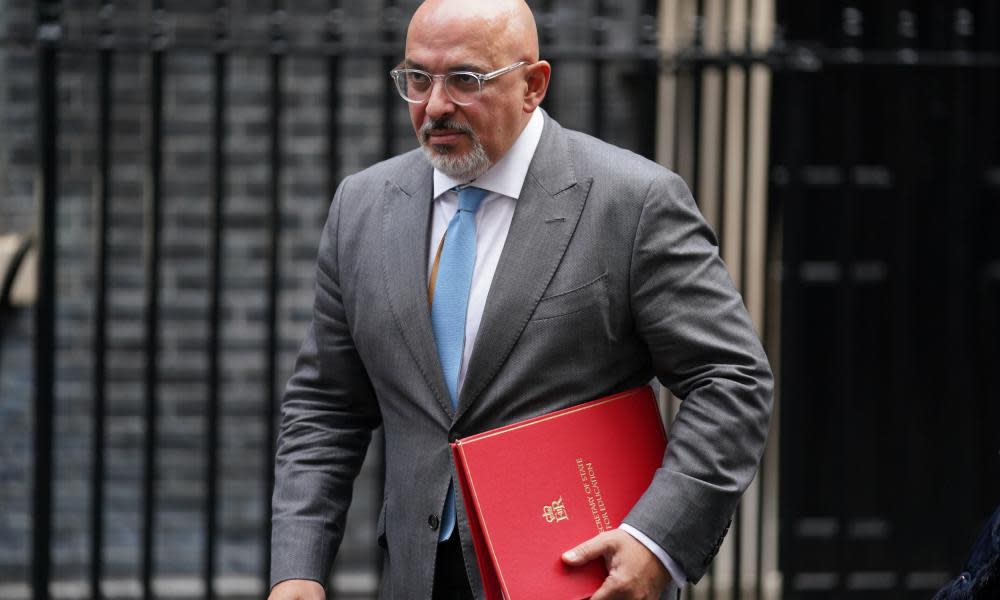Sunak’s surprise boost for Whitehall budgets won’t rectify austerity

Every Whitehall department will receive a surprise budget increase, Rishi Sunak announced, though experts said the 3% average yearly increase would still would not make up for the impact of austerity, especially in local councils.
Sunak said on Wednesday that public spending will have risen over the parliament by £150bn a year, from £483.6bn this year to £565.6bn in 2024-25.
Related: Budget 2021: key points at a glance
The chancellor had been expected by the Institute for Fiscal Studies (IFS) thinktank to cut departmental spending by as much as 20% to cope with the cost of the pandemic. But with economic growth forecasts better than expected, Sunak took the decision to increase budgets that have been slashed by 10 years of public spending cuts.
The IFS said the NHS, Home Office and Department for Education were now above 2010 funding levels for day-to-day spending in real terms but other departments remain well below pre-austerity levels. The Ministry of Defence appeared to be one of the losers, with a real-terms cut in day-to-day spending between 2021 and 2025.
Local government leaders welcomed the increase in their grant funding but some warned it was not enough. Jonathan Carr-West, the chief executive of the Local Government Information Unit, said the budget “proved more generous than expected for many” and the multi-year settlement to allow for longterm planning was useful.
But he said grant increases of £1.6bn a year for the next three years and a 3% increase in core spending power “do not undo a decade of cuts”. “We should never forget that this 3% increase depends on councils taking the political risk of increasing council tax to the maximum permitted extent,” he said.
The Local Government Association, representing councils, said the extra money would help meet “some – but not all – of the extra cost and demand pressures they face just to provide services at today’s levels”. It also pointed to the lack of additional funding for adult social care and public health.
Stephen Houghton, the chair of the Special Interest Group of Municipal Authorities, said the rises were a “drop in the ocean compared to cuts since 2010, and will barely match inflationary pressure over the next three years”.
Experts also said many of the increased budgets would also be eaten into by higher salary bills caused by the increase in the “national living wage”.
Related: Millions will not benefit from Sunak’s ‘tax cut for low paid’, say activists
Paul Johnson, of the IFS, said the increases in overall public spending were “broadly comparable to (if a bit smaller than) those planned by Labour governments in the 2000s”. But he said it was a key difference that most of the cash increases announced would be swallowed up by the NHS.
Many of the increases for departments were also front-loaded with spending in the next one or two years to help deal with the aftermath of Covid, followed by subsequent cuts.
“Perhaps nowhere is this truer than in local government, where after a jump next year, grant funding for existing services will be more or less frozen in the following two years – bigger council tax rises than the government plans to allow could be necessary to maintain services,” Johnson said.
Some also questioned Sunak’s claim that the public spending increase was the “largest increase this century, with spending growing by 3.8% a year in real terms”. The IFS said that departmental spending increased by an average of about 5% a year during some of the spending review rounds in the early 2000s under Tony Blair.

 Yahoo News
Yahoo News 
